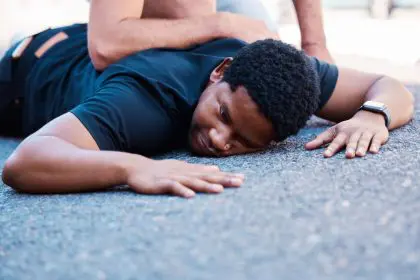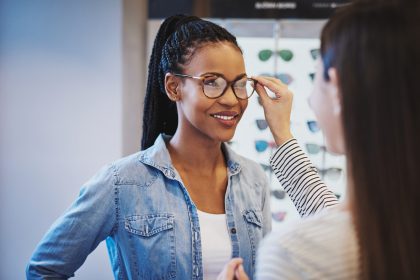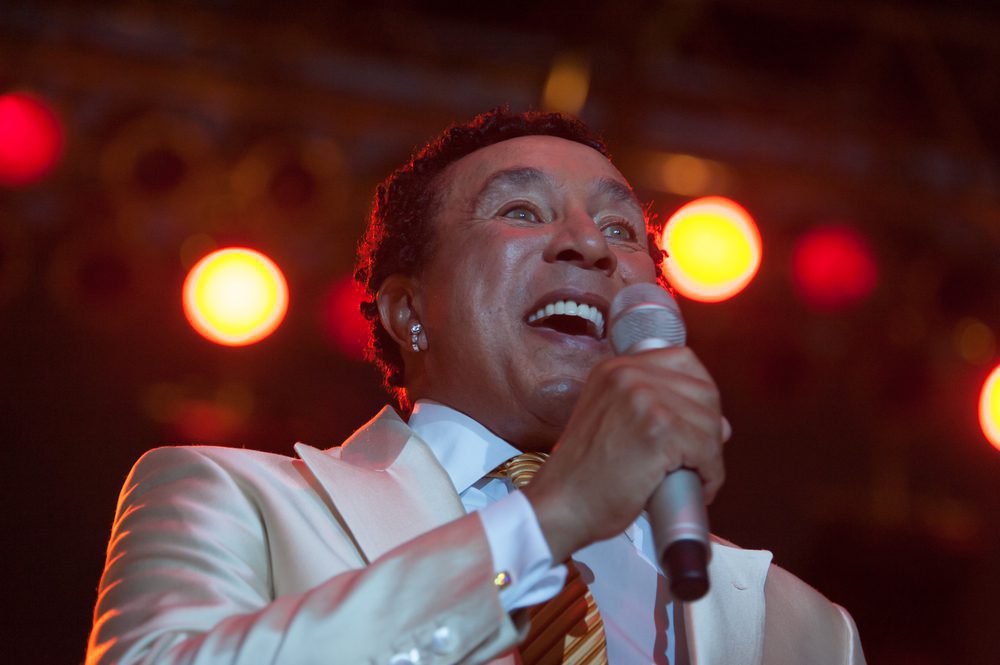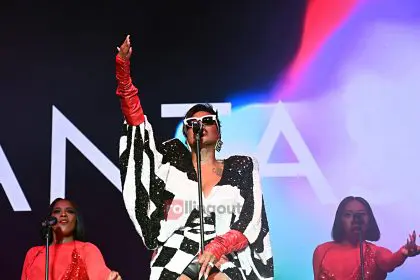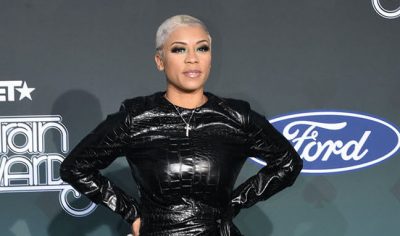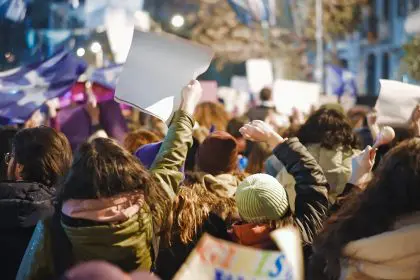
A high-tech entrepreneur living and thriving in North Carolina, Mbye Njie, a black man, feels he deserves to enjoy the fruits and spoils of the kind of success that he has earned as a businessman. But his presence in predominantly white business environments and, especially in Caucasian neighborhoods, has alarmed the natives. That means Caucasian police officers will not be long off before they initiate irritating, trivial and meaningless stops to find out who he is, why he is there, where he is going and where he lives.
Njie told the media that he became so frustrated and incensed at being stopped by the police that he developed an app to combat racial profiling.
Njie, 36, is a tech connoisseur who, according to the Charlotte Observer, has created a smartphone app called Legal Equalizer, which is constructed to help citizens understand their rights during police stops. And if you are Black, that probably means the stops will happen often.
The Legal Equalizer has some dazzling, eye-popping features that have never-before been developed on a smartphone, including:
- During a stop, it alerts selected contacts in your phone that you’ve been pulled over by a police officer;
- It features a built-in video feature which uses your phone’s camera to record the interaction;
- The video is automatically saved to the app, preventing it from being deleted directly from your cellphone by anyone, whether it is the user or the police officer;
- Folks may be confused about what their rights are when they are stopped by the police. Njie’s smartphone app will help you learn what you need to know regardless of whatever state you are stopped in.
Njie, told the Observer that the app was born out of anger because of the number of stops he’s had to endure in North Carolina and Georgia, mostly for alleged minor traffic infractions.
As a student at Davidson College, Njie said it was just as bad. “If you went off campus 10 times, every four to six times, as a young Black male, you’re going to get pulled over by a police officer from the town of Davidson. Most times, they would try to search your car and ask you questions,” he said.
Njie said he still encounters the same racial profiling situations by police in Georgia.
He launched the first version of the Legal Equalizer app in 2015, a year after Michael Brown was shot and killed by a police officer in Ferguson, Missouri. and the hashtag #BlackLivesMatter took center stage. At that time, the app was marketed largely as a police watchdog tool.
In late 2016, after launching Legal Equalizer to combat racial profiling, he sent out a tweet criticizing Dr. Cedric Alexander, then DeKalb County’s director of public safety in Georgia. Alexander, who is also Black, responded to Njie: “Find a way to make a difference and not just complain. Get on the resolution train.”
Little did Njie know, this conversation, replete with an admonishment to find solutions, would change the course of his life.
Alexander later gave Njie his phone number and offered to have a sit-down meeting.
At that meeting, Njie showed him the Legal Equalizer app and explained how it worked. Njie says Alexander, who is now deputy mayor of Rochester, New York, supports the Legal Equalizer app as a citizen education tool.
There is a potentially dangerous downside to this, Alexander said. He wants to implore people armed with new information to avoid using the app to go back and forth and argue about the laws with police officers. That can cause the situation to escalate quickly, Alexander reasons, and the only person to get hurt is the man or woman being pulled over.
In addition to combating racial profiling, Njie hopes to broaden the app’s tools to be useful for victims of domestic violence and people targeted by immigration officers, according to the Observer.


